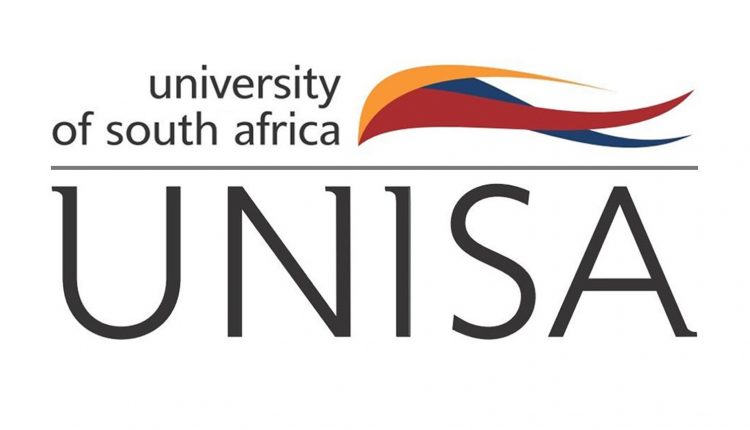Department of Sport, Arts and Culture in Limpopo Advisory Council welcomes archivists of University of South Africa
The Council’s primary responsibility is coordinating the planning and formulation of provincial archives and records management policies. This entails ensuring that appropriate procedures are in place to govern the management of archives and records within the province. Additionally, the Council will approve the provincial archives appraisal policy and oversee its implementation. This policy will outline the criteria and processes for evaluating the value and significance of archives in Limpopo. Furthermore, the Council will guide on maintaining a list of non-public records with enduring value.
Marutha and Ngoepe bring a wealth of knowledge and extensive experience in archives and records management. They have made significant contributions in practice within the industry and through their academic work at Unisa. Their expertise spans various archives and records management aspects, encompassing research, teaching, learning and publication.
Ngoepe, who previously served as the inaugural Chairperson of the Gauteng Provincial Archives Advisory Council from 2015 to 2020, says he is excited and looking forward to contributing to preserving Limpopo Province’s memories. “I hope my involvement will help transform archival holdings of the provincial archives repository to include previously excluded voices.”
Serving for the first time on the Council, the excited Marutha said this was also an opportunity to be part of archival service improvement in the province. “I believe that extensive experience and skills acquired during the past years in my industry and academic fraternity involvement, as well as appropriate knowledge from qualifications attained, will help me contribute immensely in my advisory role towards improving archival heritage preservation and strategies.”
Throughout their careers, both professors have conducted in-depth research in archives and records management, shedding light on important issues and providing valuable insights. Their publications have contributed to the body of knowledge and have been recognised for their academic rigour and practical relevance. Their combined expertise will undoubtedly enhance the Council’s ability to make informed decisions and offer valuable advice to the MEC.

